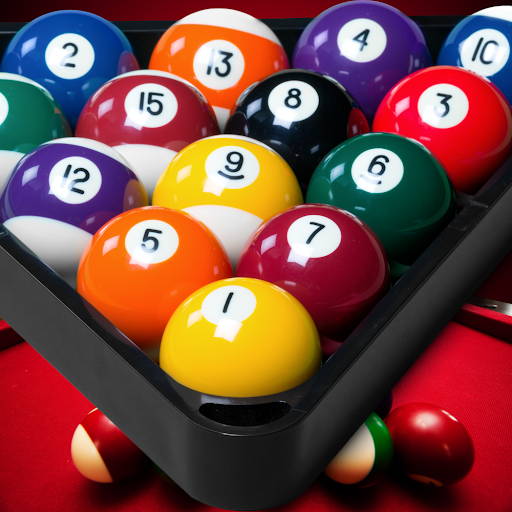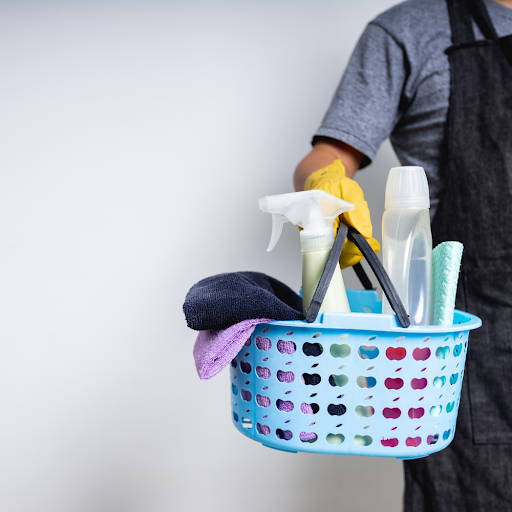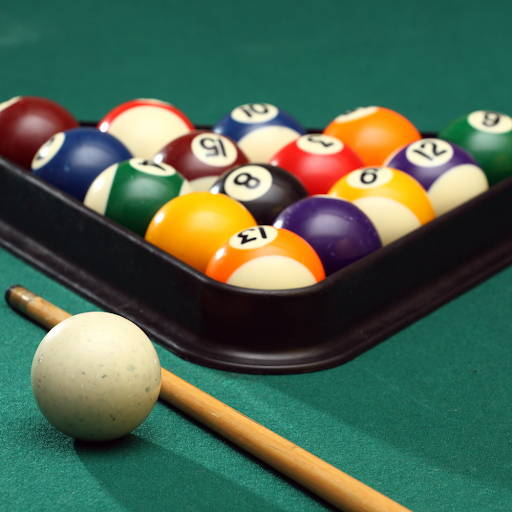A Step-by-Step Guide to Cleaning Pool Balls at Home
Billiards, in all its forms, is a game of skill, strategy, and precision. Every element matters - the smoothness of the cue stroke, the condition of the table felt, and not least, the cleanliness of the balls.
Over time, the accumulation of chalk dust, hand oils, and general grime can seriously impact the movement, spin, and overall performance of pool balls. It's essential to maintain their cleanliness for optimal play.
This article provides a comprehensive guide to cleaning your pool balls at home, ensuring they retain their pristine condition and playability.
Understanding the Need for Regular Cleaning
With regular use, pool balls collect dust, chalk, and oils that can lead to discoloration and a sticky or slippery feel. This dirt build-up can affect how the balls roll and collide on the pool table. Thus, regular cleaning is necessary to ensure that the balls' performance is consistent and that they're always ready for a smooth, high-quality game.

Cleaning Materials You'll Need
To clean your pool balls at home, you'll need:
- A bucket or large bowl
- Warm water
- Mild dish soap or professional ball cleaner
- A soft microfiber cloth or towel
- A toothbrush (optional, for stubborn stains)
Please note that abrasive cleaners or materials should never be used as they can damage the balls.
The Cleaning Process
Step 1: Prepare the Cleaning Solution
Fill your bucket or bowl with warm water. The water should be warm to the touch but not hot, as extreme temperatures can potentially harm the balls' material. Add a few drops of mild dish soap to the water and stir until bubbles form. If you have a professional ball cleaner, follow the instructions on its label.
Step 2: Soak the Balls
Place the pool balls in the bucket or bowl, ensuring they're all submerged in the soapy water. Let them soak for about 15 minutes. This soaking period will help loosen up the dirt and grime.
Step 3: Clean Each Ball
After soaking, remove each ball and clean it thoroughly using your soft microfiber cloth. Pay particular attention to any stubborn stains or spots. For these difficult areas, you can use a toothbrush with soft bristles. Gently scrub the spot without applying too much pressure to avoid scratching the surface.
Step 4: Rinse the Balls
Once all the balls are cleaned, rinse them under warm running water to remove any soap residue. Be sure to rinse them thoroughly as any leftover soap can attract more dust and dirt.
Step 5: Dry the Balls
Dry each ball with a clean, dry towel. Ensure that they're completely dry before storing them to prevent any moisture-related damage or mold growth.
Step 6: Polish (Optional)
For an extra shine, you can use a pool ball polish. Make sure it's specifically designed for pool balls to avoid any damage. Apply the polish following the manufacturer's instructions.

Maintenance Tips
Cleaning your pool balls should be a part of your regular maintenance routine. How often you clean them depends on how frequently you play. If you play daily, consider cleaning the balls every couple of months. If you play less often, two to three times a year should suffice.
Avoid using harsh cleaners or abrasive materials that could scratch or damage the balls. Always ensure the balls are completely dry before storing them to avoid moisture damage.
To minimize the need for cleaning, consider cleaning your hands before you play, using a pool cue chalk with less dust, and keeping drinks and food away from the pool table.
Additional Points
Apart from regular cleaning, there are a few additional points that you could consider for maintaining the longevity of your pool balls and the overall pool-playing experience.
Here are a few more tips:
Proper Storage: Store your pool balls in a case or a rack when not in use. This prevents them from collecting dust and protects them from accidental scratches or damages. Avoid leaving them out on the table, especially under direct sunlight or in humid conditions, as this can cause them to discolour or crack.
Regular Inspection: Regularly inspect your pool balls for any chips, cracks, or extreme colour fading. These issues could indicate that it's time to replace the balls. Playing with damaged balls not only disrupts the quality of the game but can also harm your pool table.
Avoid Chemical Exposure: Certain chemicals can damage the pool balls. Avoid using cleaning agents with bleach or ammonia. Also, try to prevent exposure to alcohol and any acid-based cleaners.
Rotation of Cue Ball: If you play frequently, consider rotating the cue ball with one of the other balls from the set. The cue ball tends to wear out faster because it is struck for every shot. Rotation helps ensure more uniform wear.
Cleaning the Pool Table: Along with cleaning the pool balls, don't forget to clean your pool table regularly. A dirty table can quickly transfer grime back to clean balls. Brush the table after each use and consider using a vacuum cleaner to remove chalk dust from the felt.

Remember…
Every element of your billiards set, from the pool cue to the table and the balls, contributes to the overall game quality.
Taking good care of your pool equipment, including the balls, not only enhances the quality of your game but also extends the lifespan of the equipment. Regular cleaning of your pool balls and equipment can ensure consistent performance, keep them looking new, and save you the cost of frequent replacements.
Happy playing!
Are you looking for a ball polishing machine? check out our ball polishing machine here Ball polishing machine





